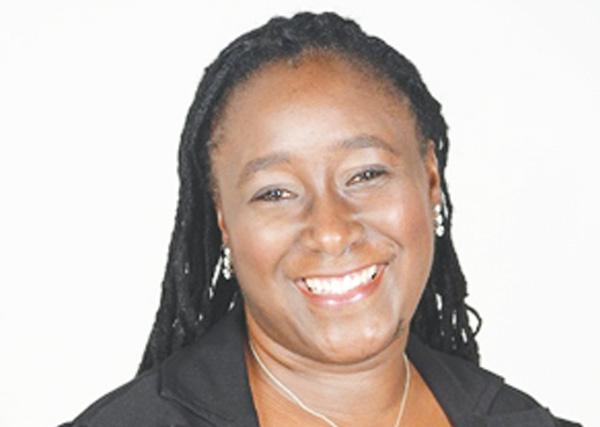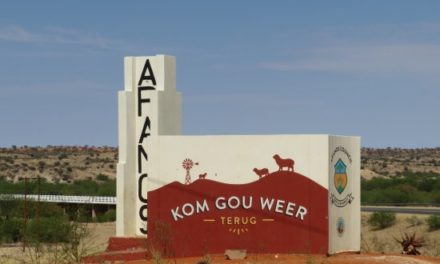
DBN announces far-reaching business rescue programme

Development Bank of Namibia has announced the approval and implementation of a Business Rescue Programme for qualifying businesses financed by the bank as a possible alternative to liquidation.
The programme takes the form of partial conversion of debt into various types of preference shares to be held by the Bank in the enterprise and the deployment of independent business managers to such entities to render technical and management advisory services.
Speaking about the programme DBN CEO, Martin Inkumbi, said that the combination of prevalent unfavorable economic fundamentals has left many businesses at the point where they are barely able to operate.
the bank has a duty to recover its capital so that it can make further loans to other borrowers. However, the bank responsibly also strives to strike a balance to preserve the envisaged development impact.
Inkumbi illustrated this point by saying that the Bank gives regard to employment opportunities created, income for owners, preservation of owners’ capital and assets, contributions to local, regional, and national economies, and continued economic growth as reasons to attempt to preserve businesses. The Bank, he stressed, does everything it reasonably can to preserve businesses that it has financed and, where possible, creates a win-win situation for the borrower and the Bank.
Explaining the programme in detail, Inkumbi said DBN will in the next few weeks appoint independent business rescue advisors through a transparent procurement process. Once an advisor is appointed to assess a distressed business, the advisor will make recommendations on the turnabout strategy. The turnabout strategy will identify changes that need to be made to the operation of the business, its governance, and / or its capital structure.
If the capital structure is not appropriate, the Bank could consider converting part of the debt to the Bank into alternative patient financing instruments such as convertible preference shares.
Inkumbi went on to say that preference shares give the Bank the ability to relax its repayment requirements for a portion of the loan in anticipation of the growth of value and yields on the shares. Owners, he said, would always have the first right to repurchase the shares or, with the agreement of DBN, to arrange for the sale of the shares to third parties.
During the period in which the Bank holds preference shares, the business will be contractually obliged to meet several milestones identified by the advisor and agreed upon between the business and DBN.
Once the business is on its feet again, DBN will exit the preference share arrangement, preferably by selling its preference shares back to the original owners.
The first task of the business turnaround advisor, Inkumbi elaborated, will be to ascertain if the business can be rescued. If not, the Bank will have to begin steps to recover its loans through the normal liquidation process. If the business can be rescued, the advisor will make recommendations on management, capital structure, and governance which the enterprise will be contractually obliged to implement. In some cases, control of the management of the business could be transferred to mutually agreed business managers with the expertise to help manage the enterprise out of a loss-making position.
Where changes to the business’s capital structure (i.e. the debt to equity ratio) are required, the advisor will be able to either assist with bringing equity investors on board or recommend the conversion of DBNs debt to preference shares. Through this conversion, DBN will hold preference shares in the business for a limited period only. The aim is always for the Bank to exit and transfer full ownership and control of the business to its owners or new investors or a combination of both.
Asked about resistance to the advisors, Inkumbi said the programme is voluntary. There will be a consultation between the Bank and the distressed business owners. Where a distressed business owner is not willing to accept terms and conditions of a rescue program, they can always opt to repay the Bank’s loan or face liquidation.
Inkumbi stated that the terms of reference for independent advisory services have been drawn up, and they emphasize high degrees of experience and skills. The Bank believes that some businesses fail due to poor management and lack of financial control.
On the topic of eligibility, Inkumbi said that not all businesses in distress would qualify or meet the criteria of the business rescue program. There must be some level of business activities happening and revenue generation. Ideally, such a business must be in a position to at least partially meet its loan repayment obligation to the Bank. The Bank will not convert full debt into a preference share instrument. The owners must also be committed and willing to make further capital investments and meet the Bank halfway.
Although this is a rescue programme, it is an opportunity for businesses to make strides toward a sustainable future, Inkumbi concluded.











































